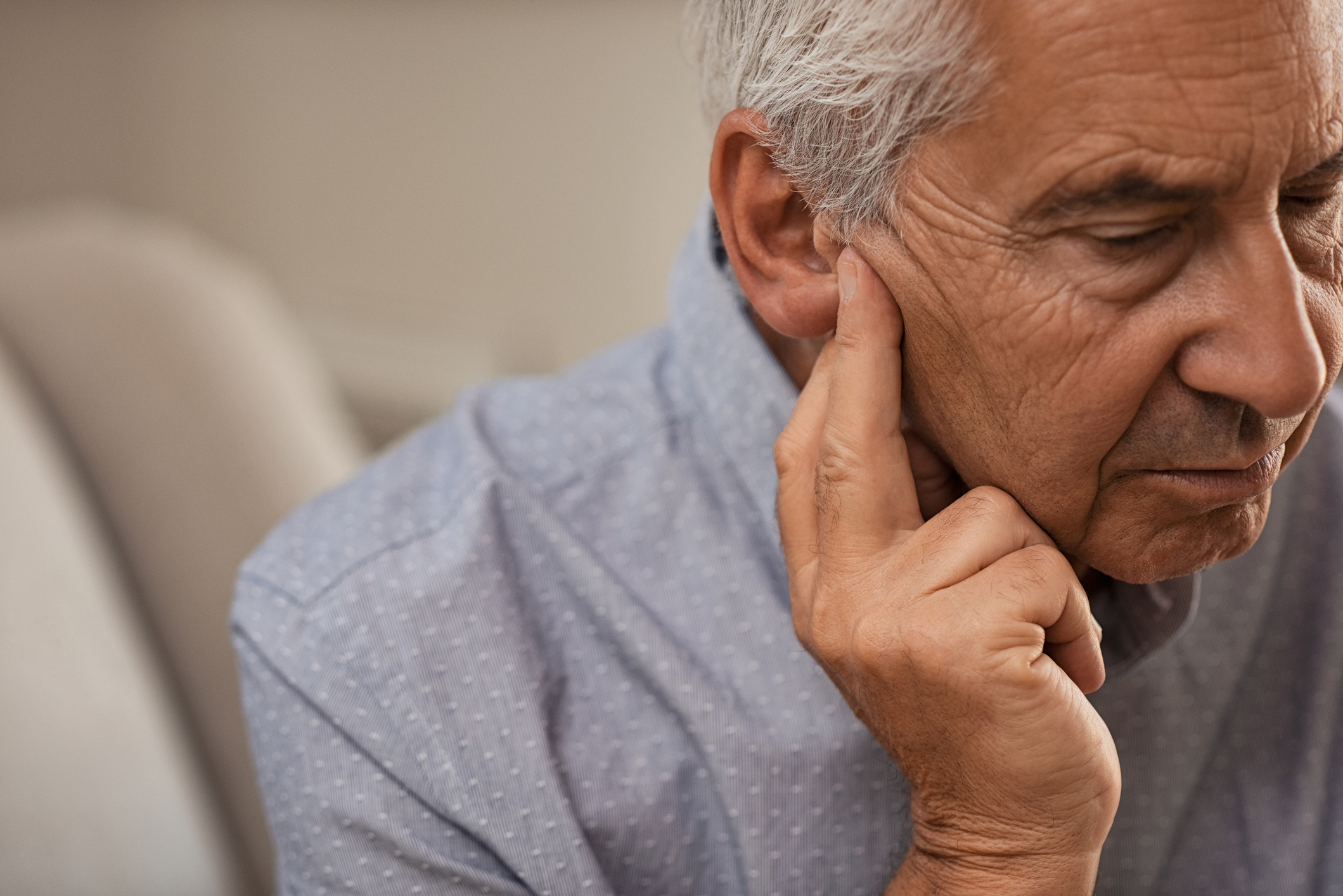Elderly adults in isolation due to the COVID-19 pandemic are increasingly suffering from hearing loss and many are not keeping their hearing aids in good working order or using them less which can lead to an increased risk for developing dementia and for having a fall that may cause injury.
According to a recent U.S. News report, because seniors in assisted living facilities have been in isolation for months without regular social interaction, many are failing to wear or properly maintain their hearing aids. But although there may be fewer opportunities to visit with friends and loved ones, using hearing aids less can worsen overall health and lead to greater anxiety, depression, and more hearing loss.
When a hearing aid is not working properly, it acts as an earplug, blocking sound and reducing sound input to the brain. Auditory deprivation can hasten cognitive decline among seniors and exacerbate feelings of isolation, loneliness, and depression. Although in-person conversations may not be as frequent, there are always sounds in our living environment. The brain benefits from this regular auditory stimulation.
Many audiologists can provide online telehealth visits to help troubleshoot any hearing aid problems or offer curbside care for at-risk seniors who cannot safely visit a clinic. Some assisted living facilities may allow audiologists to visit with proper safety measures. Loved ones can help by encouraging seniors to keep wearing their hearing aids and seek help if they are having a problem.
According to the National Institute on Aging, about 1 in 3 people between the ages of 65 and 74 have hearing loss and nearly half of seniors over the age of 75 have difficulty hearing. Untreated hearing loss can lead to frustration and misunderstandings; treating hearing loss is important for cognitive health as well as emotional well-being. For tips on how to improve communication with someone who has hearing loss, follow this link to the Cleveland Clinic website.






Add Your Voice
0 Comments
Join the Discussion